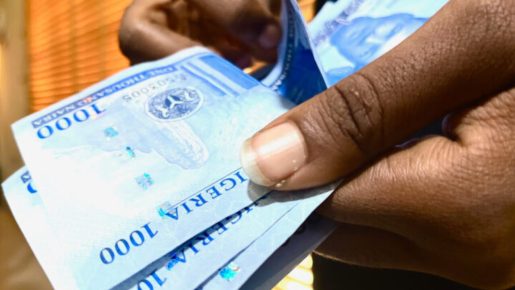The Nigerian Naira experienced a significant resurgence, bouncing back vigorously against the US Dollar on December 11, 2023, in the official market. The local currency appreciated by an impressive 27.16%, closing at N864.29 to a dollar, reversing the historic low it reached on December 8, 2023.
This remarkable recovery reflects a gain of N234.76 or a 27.16% increase compared to the previous closing rate of N1,099.05. The intraday high and low were recorded at N1185.10/$1 and N720/$1, respectively, showcasing a substantial spread of N465.10/$1.
Data from the official NAFEM (Nigeria Autonomous Foreign Exchange Market) window indicates a forex turnover of $132.46 million at the close of trading, marking an 86.83% increase from the previous day.
However, in the parallel forex market, where unofficial trading occurs, the naira experienced a 1.26% depreciation, quoting at N1195/$1. Peer-to-peer traders quoted around N1214.32/$1 during the same period.
The Central Bank of Nigeria (CBN) disclosed that it has made tranche payments to 31 banks to clear the backlog of foreign exchange forward obligations. The apex bank has also implemented foreign exchange frameworks to address issues affecting the forex market.
Economists weigh in on the situation, emphasizing the crucial role of confidence for a stable exchange rate. Olatunde Amolegbe, the former President and Chairman of the Chartered Institute of Stockbrokers, highlighted the significance of market and participants’ confidence for both local and foreign investors. He noted that clearing FX commitment backs would positively impact market confidence but could manifest in the medium term.
Bismarck Rewane, Managing Director/CEO of Financial Derivatives Company Limited, expects the naira to remain volatile due to lingering forex supply concerns. The scarcity of the dollar implies that speculative buying may persist, with market participants increasingly taking long positions on the dollar while shorting the naira. The dynamics of the forex market continue to draw attention and prompt considerations for policy adjustments to ensure stability and boost confidence.











